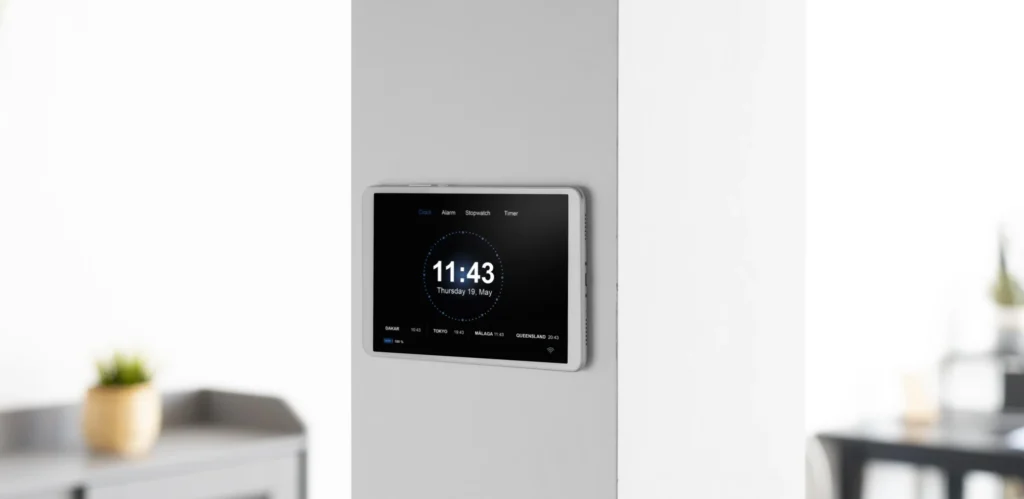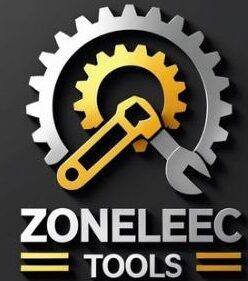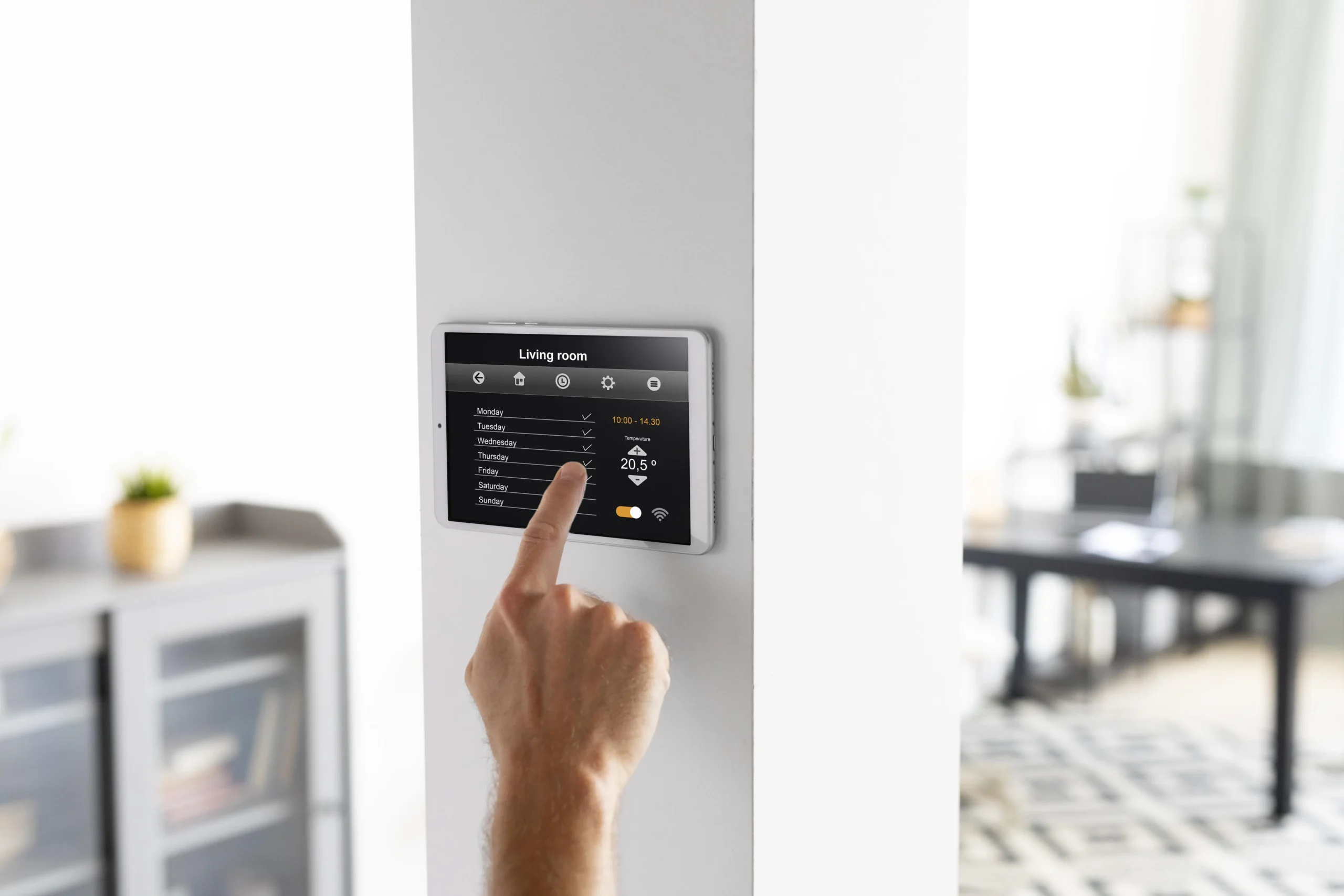What’s New in Smart Electrical Panels? The Future of Power at Your Fingertips
Electricity is everywhere—quietly running your lights, your kitchen appliances, and even your phone charger. But let me ask you this: when was the last time you thought about your home’s electrical panel? That dusty box in the corner has been doing the same job for decades, unchanged. Until now.
With smart technology weaving its way into every corner of your life, it was only a matter of time before the electrical panel caught up. Now, with smart electrical panels, you’re gaining control, clarity, and convenience like never before. Whether you’re trying to save on your electric bill, increase your home’s safety, or better integrate your solar system, this is one change you can’t afford to overlook.
Table of Contents
What Are Smart Electrical Panels?
From Analog to Intelligent
Smart electrical panels represent a leap from passive to interactive energy management. Where traditional panels simply distribute power and trip breakers when overloaded, smart panels go far beyond. They’re equipped with microprocessors, sensors, and wireless connectivity that allow you to monitor and control each circuit from your smartphone or tablet.
Imagine being able to turn off a specific outlet from work, receive alerts when your fridge is using too much power, or prioritize energy use during a blackout. That’s the kind of precision and flexibility you’re getting with a smart panel.
Key Features That Matter
- Real-time monitoring: Know what each circuit is doing 24/7
- Remote control: Shut off or restart circuits from anywhere
- Smart alerts: Get notified of overloads, failures, or faults
- Solar and EV support: Integrate with your existing green systems
- Load balancing: Automatically adjust power distribution during peak demand
According to a report by EnergySage, homeowners who installed smart panels saw energy savings of up to 20%, thanks to better usage visibility and smarter decisions.
How Do Smart Electrical Panels Work?
Behind the Technology
Smart electrical panels use integrated microcontrollers and circuit-level sensors to gather data and transmit it via Wi-Fi or other smart protocols like Zigbee or Z-Wave. Some models include smart breakers, while others operate as sub-panels that work with your existing setup.

Traditional vs. Smart Panels (At a Glance)
| Feature | Traditional Panels | Smart Electrical Panels |
|---|---|---|
| Remote Access | ❌ No | ✅ Yes via app |
| Energy Monitoring | ❌ Manual (if any) | ✅ Real-time, per-circuit |
| Smart Home Integration | ❌ Not supported | ✅ Works with Alexa, Google Home |
| Safety Alerts | ❌ Limited | ✅ Instant overload notifications |
| Renewable Compatibility | ❌ Not optimized | ✅ Solar + EV ready |
With smart panels, you’re essentially transforming your electrical system into an energy command center.
Why Should You Care About Smart Panels?
For Homeowners
You gain control, safety, and savings. It’s that simple.
- Lower your utility bills with better tracking
- Spot unusual energy consumption before it becomes costly
- Get notified when a circuit is overloaded or a device is malfunctioning
- Control appliances remotely for convenience and safety
For Contractors and Builders
You’re not just building homes—you’re building smart infrastructure.
- Add value to your service by offering future-ready installations
- Diagnose issues remotely, reducing unnecessary service visits
- Ensure compliance with evolving building codes
For Renewable Energy Users
Smart panels shine brightest when paired with green tech.
- Monitor solar production in real-time
- Direct power to essential circuits during outages
- Avoid peak rates with intelligent load scheduling
What Are the Leading Brands?
You have options, and they’re growing fast. Here are some of the market leaders making waves in 2025:
- Span: Offers a sleek interface and advanced load control for solar homes
- Leviton Load Center: Known for detailed circuit-level insights and ease of use
- Schneider Electric Wiser Energy: Excellent integration with whole-home energy ecosystems
- Lumin: Retrofit-friendly smart panels that work with existing installations
These brands aren’t just selling hardware—they’re offering smarter living.
Installation: What You Should Know
Is Upgrading Worth It?
Yes, but it depends on your goals. If you’re planning to add solar panels, install an EV charger, or just want a smarter home, then yes—it’s worth every penny.
- Cost: Expect to pay between $1,200 and $3,500
- Incentives: Look for rebates from local utilities and federal green energy programs
- Requirements: You might need a 200A service to support all features
DIY or Hire a Pro?
This is not your average weekend project.
- Smart panel installation requires licensed electricians
- Integration with smart systems might require a smart home expert
- Permits and code compliance are crucial
Looking Ahead: The Future of Smart Panels
AI and Automation
Your smart panel could soon predict issues before they occur. Imagine being alerted about a failing motor or overloaded appliance days before it breaks. AI is pushing predictive maintenance into residential tech.
Energy Trading and Grid Interaction
In the near future, your panel might sell your surplus solar energy back to the grid, or participate in community-wide energy optimization.
- Participate in Virtual Power Plants (VPPs)
- Optimize usage based on grid pricing
- Automate energy sharing with neighbors
FAQ: Smart Electrical Panels
What is a smart electrical panel?
It’s an upgrade to your home’s breaker box that allows you to monitor, manage, and automate your energy usage from anywhere using smart technology.
Are smart panels compatible with solar power?
Absolutely. Most smart panels are designed with solar integration in mind and can even optimize how your home uses solar vs. grid power.
How much do smart panels cost?
Prices range between $1,200 and $3,500 depending on features, brand, and installation complexity.
Do I need Wi-Fi?
Yes, a stable internet connection is necessary for real-time control and remote access.
Are smart panels safer?
Yes. They come with instant alerts for overloads, can shut off circuits remotely, and often identify faults faster than traditional systems.
Conclusion: It’s Time to Rethink Your Power
Think of your electrical panel not just as a breaker box, but as your home’s energy brain. With a smart electrical panel, you’re not just keeping the lights on—you’re managing your power with purpose.
So if you’re planning a remodel, building a new home, or simply looking to make smarter energy choices, a smart panel should be at the top of your list. The future of energy is intelligent, and it starts inside your walls.

